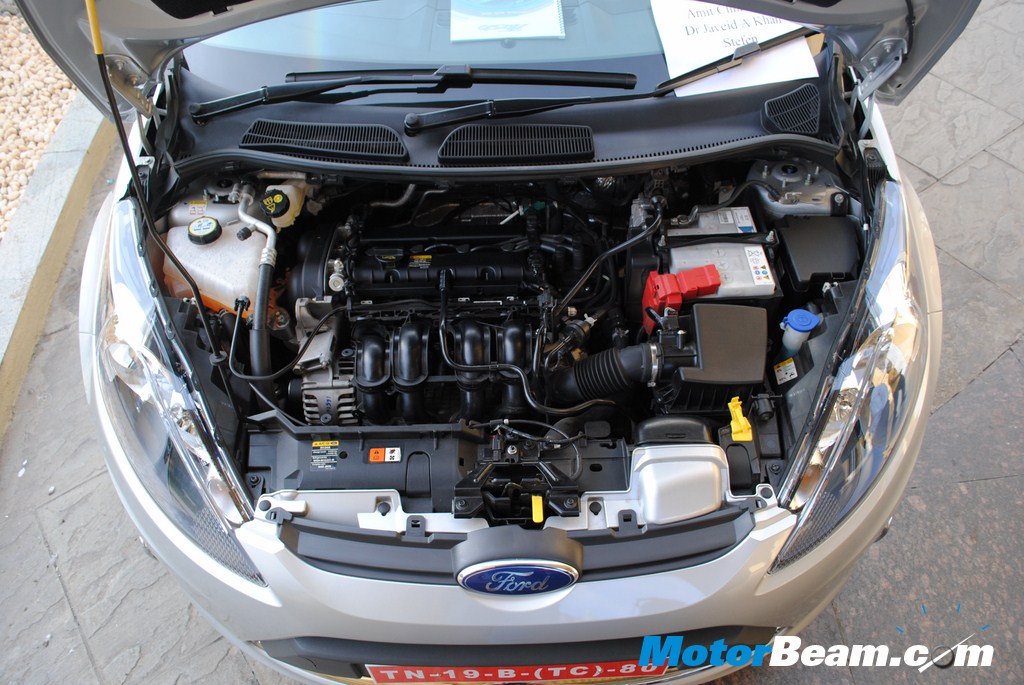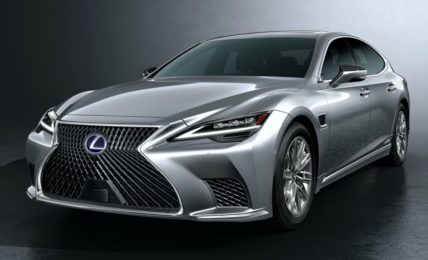In this age of fuel crisis, petrol fuel costs almost twice the price of diesel. This has led to diesel fuel becoming the preferred choice of consumers. Sooner or later, petrol will be consumed by two wheelers only? May be not! Delphi a major parts supplier to manufactures says they have cracked a new engine technology. Imagine combining the best of both worlds, of gasoline and diesel engines into one system to achieve fuel efficiency figures that rival today’s petrol/electric hybrids like the Toyota Prius or the Honda Civic Hybrid. Engineers have been dreaming this for years, but have been obstructed by the problems which such engines have to overcome.
Delphi, says they are on their way to achieve this marvel. First they used a single-cylinder test engine wherein the company put all their latest technology and tested it under a variety of conditions and found its performance beyond expectation. With this success, they’re now building a multi-cylinder variant (which will be lighter and more efficient than the usual single-cylinder engine) that is likely to reach production. The engine could see the daylight by being the first of its kind.
The engine will be a combination of diesel and gasoline engine combustion technologies, combining the best of both to achieve efficiency figures that are estimated to beat today’s midsized sedan’s average consumption by a whopping 50%! The idea is to use higher energy efficiency of a diesel engine, which is 40-45% efficient in energy delivery while a gasoline engine is usually less than 30% efficient. Diesel engines, however, require a lot of effort to meet emissions requirements while gasoline engines do not. Engineers have tried to burn gasoline in the same way you do diesel, gaining the efficiency of diesel use without requiring the after-treatment to clean it up.
Delphi named this idea as gasoline-direct-injection compression ignition. The petrol is being highly compressed directly entering into combustion chamber. The problem has been controlling knock and noise in such engines. Igniting gasoline with pressure rather than spark is often met with burns that go too fast, especially under shifting at low loads and idling drastically reducing emission levels. Delphi’s solution is to time three bursts of gasoline into the chamber, which avoids a too-rapid burn while burning the fuel much faster and more thoroughly than happens in conventional gasoline engines, in turn getting more from the fuel and making it more efficient.
It includes other strategies like re-directing exhaust flow into the chamber to help warm it up in between firing to bring the engine to operating temperature faster when starting cold. Advanced air intake control also helps optimize the fuel: air mixture in the chamber during combustion, optimizing burn rates. The tech uses off-the-shelf items currently available on the market, making adoption potentially faster should the engine prove itself in trials. All this technologies sounds familiar to European petrol engines, but it isn’t. But If Delphi cracks this and makes it practical for everyday use, this lab experiment when give petrol heads a reason to rejoice.
Source – Torque News





